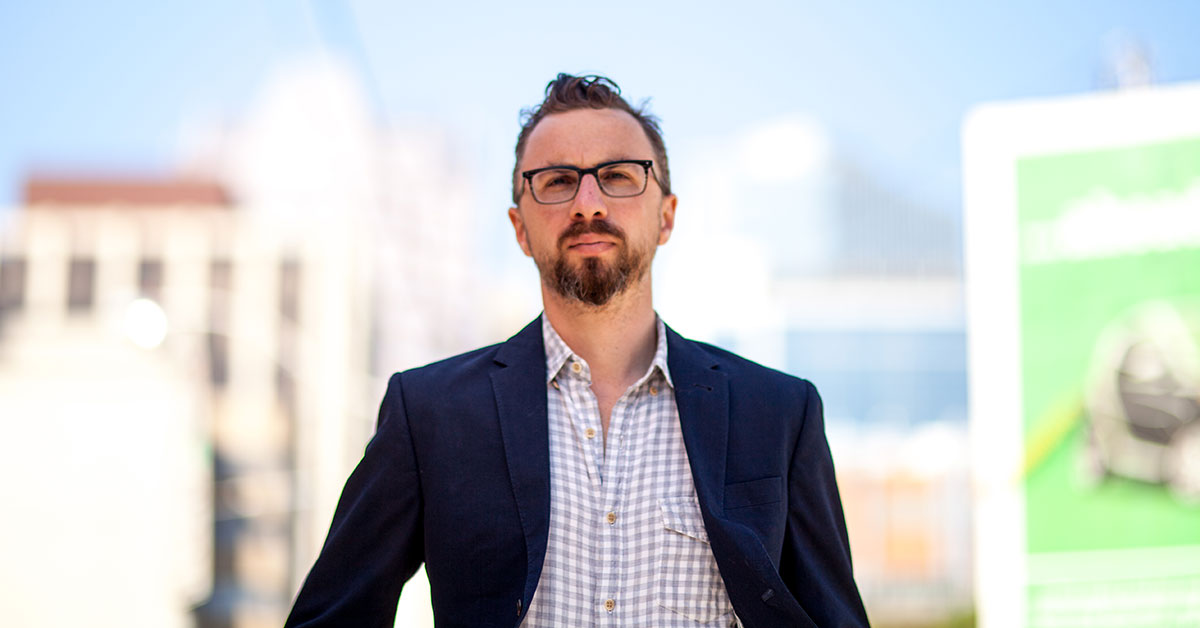Drug samples expected to be opioids were more contaminated than other expected drug types, according to a report released by the Centre on Drug Policy Evaluation (CDPE), housed within the Li Ka Shing Knowledge Institute at St. Michael’s Hospital of Unity Health Toronto. The report, titled What’s in Toronto’s Drug Supply?, is an initiative of the Drug Checking Service, and is the first of its kind in Canada.
The report amasses results from 543 samples for a variety of unregulated drugs checked by the service from its launch date on October 10, 2019 until March 31, 2020.
Of the 543 samples checked, 46 per cent were expected to be fentanyl and only six per cent of expected fentanyl samples contained only fentanyl. The report also found unexpected noteworthy drugs were often found in Toronto’s drug supply. For example, benzodiazepines and benzodiazepine-related drugs were unexpectedly found in 36 per cent of expected fentanyl samples.
“These results provide a novel portrait of the dangers posed by Toronto’s unregulated drug supply and highlight a gap in our understanding of the drug supply,” said Dr. Dan Werb, director, CDPE and a scientist at St. Michael’s Hospital’s MAP Centre for Urban Health Solutions.
“In the midst of the COVID-19 pandemic, we are seeing a very disturbing spike in overdoses. The findings suggest the need to support people who are drug dependent with a safe supply of drugs. Cities like Vancouver, which has now instituted a city-wide program providing access to standard-dose opioids for people who are at risk of overdose, are a model of success in this area.”
People who use drugs in Toronto have long advocated for access to drug checking. In response, the Centre on Drug Policy Evaluation is coordinating a drug checking pilot operating out of three frontline harm reduction agencies in the downtown core: Parkdale Queen West Community Health Centre (Queen West site), South Riverdale Community Health Centre, and The Works at Toronto Public Health. Samples are transported to laboratories at St. Michael’s Hospital and the Centre for Addiction and Mental Health, where they are analyzed using sophisticated lab-based technologies.
“Many members of the public will be surprised to see in the report that fentanyl was the expected drug for 46 per cent of samples,” said Lorraine Barnaby, Urban Health Manager of Supervised Consumption Services at Parkdale Queen West Community Health Centre.
“This aligns with what we have seen over the past five years, as fentanyl has steadily become the leading cause of overdose deaths in Toronto. With the risk of overdose so high, it’s important that along with access to a safe drug supply program, we also have drug checking services to inform people of what is in the unregulated drug supply so that they are able to make more informed choices.”
Toronto’s Drug Checking Service reports on drug samples checked bi-weekly, which are contributed by people who use drugs to protect themselves from poisoning. The reports are available to the public sign up by emailing drugchecking@cdpe.org. Be sure to follow the Centre on Drug Policy Evaluation on Facebook and Twitter for updates.

